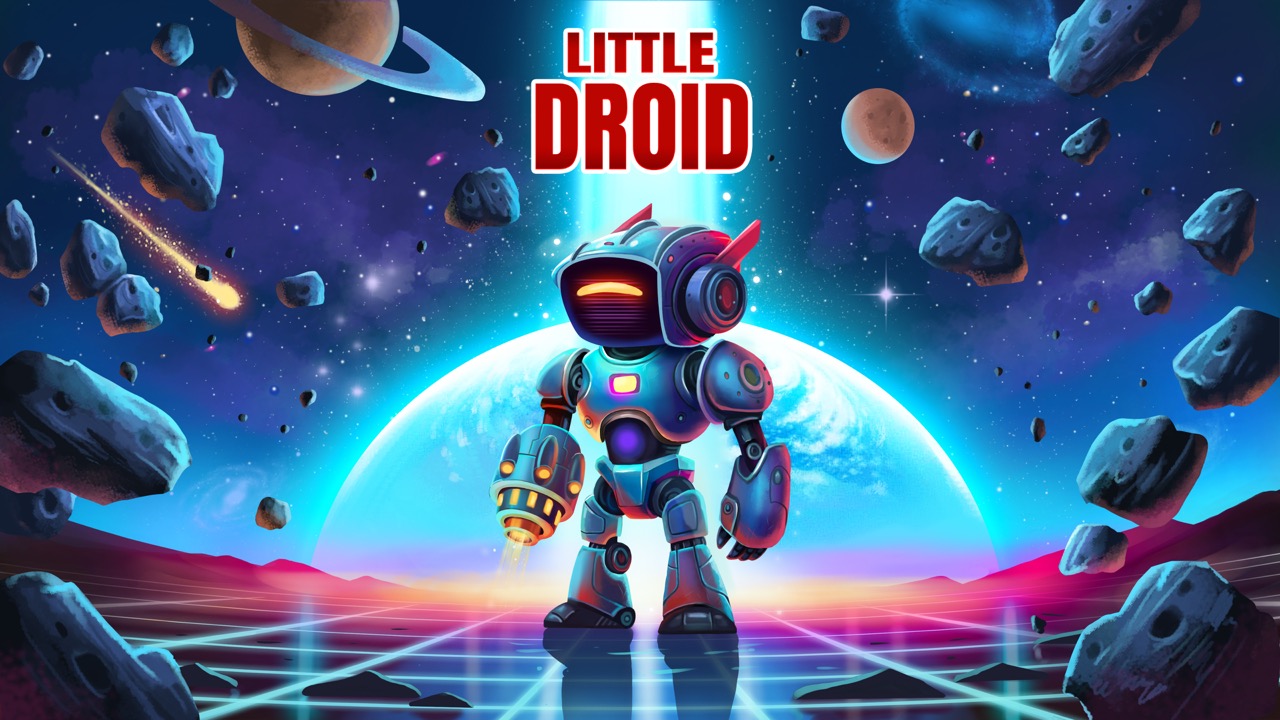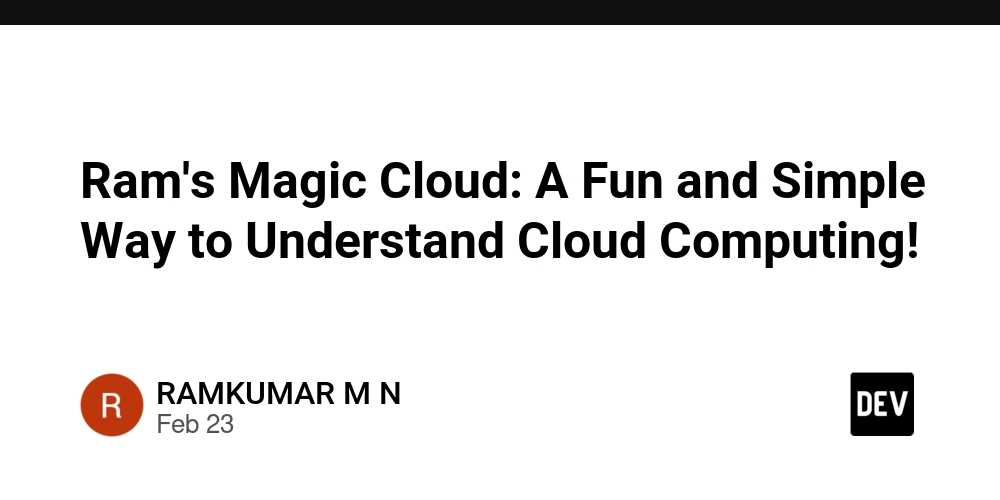SQL(MYSQL) or NoSQL(MongoDB)
MongoDB vs SQL: Which One Should You Use? When choosing a database for your project, the two main options are MongoDB (NoSQL) and SQL databases (like MySQL or PostgreSQL). Both have their strengths and are better suited for different situations. Let’s break it down. What is MongoDB? MongoDB is a NoSQL database that stores data in a flexible, JSON-like format called BSON. This means you don’t need a fixed structure for your data. Best for: Unstructured or changing data: Great for projects where the data structure changes frequently. Scaling: MongoDB handles large amounts of data and can scale across multiple servers easily. Real-time apps: It’s perfect for apps that need to handle lots of data quickly (e.g., social media, IoT). What is SQL? SQL (Structured Query Language) databases like MySQL store data in tables with rows and columns. The data structure is predefined, and you use SQL to query and update it. Best for: Structured data: Great when your data has clear relationships (e.g., customers, orders). Complex queries: SQL is ideal for projects that need to run complex searches or reports. Transactions: If you need reliable, secure transactions (e.g., banking apps), SQL is the way to go. When to Use MongoDB? When your data doesn’t fit into a strict table structure. When you need to scale your app to handle lots of data. When your app needs to update data quickly and frequently. When to Use SQL? When your data is highly structured and relationships are important. When you need to ensure data integrity and consistency. When you need complex queries or reports. Quick Comparison: Conclusion: Choose MongoDB if you need flexibility and scalability for big data or real-time apps. Choose SQL if your data is structured, needs strong consistency, or requires complex queries. Which one do you prefer for your projects? Let me know in the comments!

MongoDB vs SQL: Which One Should You Use?
When choosing a database for your project, the two main options are MongoDB (NoSQL) and SQL databases (like MySQL or PostgreSQL). Both have their strengths and are better suited for different situations. Let’s break it down.
What is MongoDB?
MongoDB is a NoSQL database that stores data in a flexible, JSON-like format called BSON. This means you don’t need a fixed structure for your data.
Best for:
Unstructured or changing data: Great for projects where the data structure changes frequently.
Scaling: MongoDB handles large amounts of data and can scale across multiple servers easily.
Real-time apps: It’s perfect for apps that need to handle lots of data quickly (e.g., social media, IoT).
What is SQL?
SQL (Structured Query Language) databases like MySQL store data in tables with rows and columns. The data structure is predefined, and you use SQL to query and update it.
Best for:
Structured data: Great when your data has clear relationships (e.g., customers, orders).
Complex queries: SQL is ideal for projects that need to run complex searches or reports.
Transactions: If you need reliable, secure transactions (e.g., banking apps), SQL is the way to go.
When to Use MongoDB?
When your data doesn’t fit into a strict table structure.
When you need to scale your app to handle lots of data.
When your app needs to update data quickly and frequently.
When to Use SQL?
When your data is highly structured and relationships are important.
When you need to ensure data integrity and consistency.
When you need complex queries or reports.
Quick Comparison:

Conclusion:
Choose MongoDB if you need flexibility and scalability for big data or real-time apps.
Choose SQL if your data is structured, needs strong consistency, or requires complex queries.
Which one do you prefer for your projects? Let me know in the comments!





















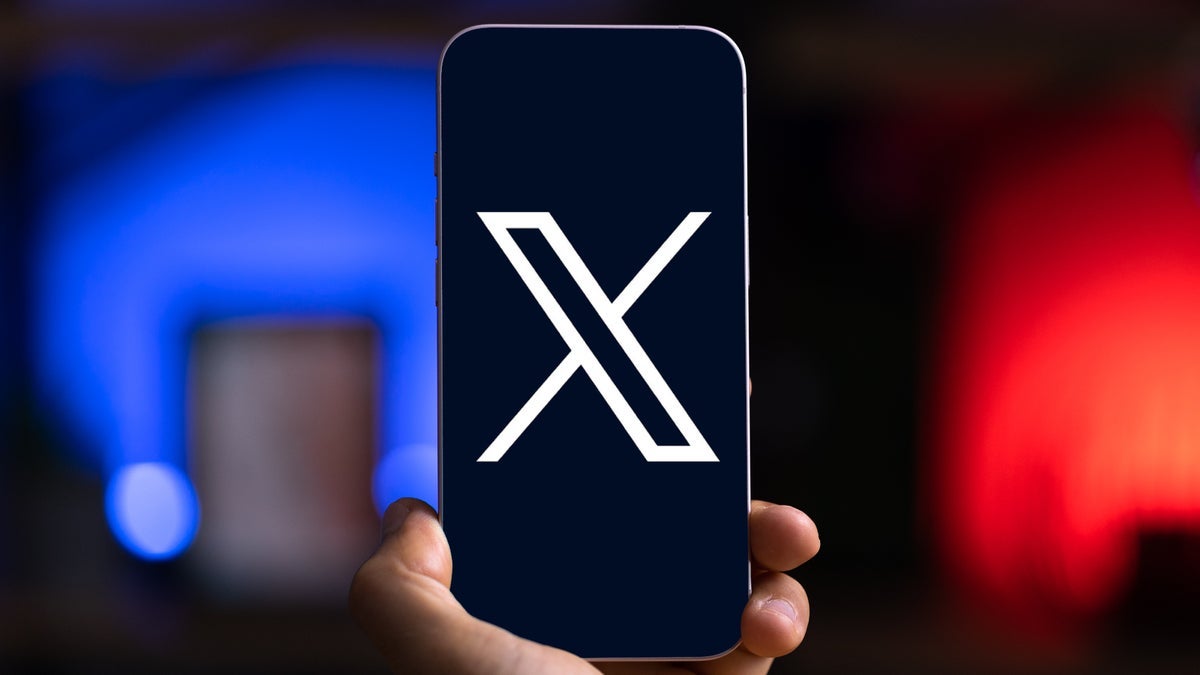







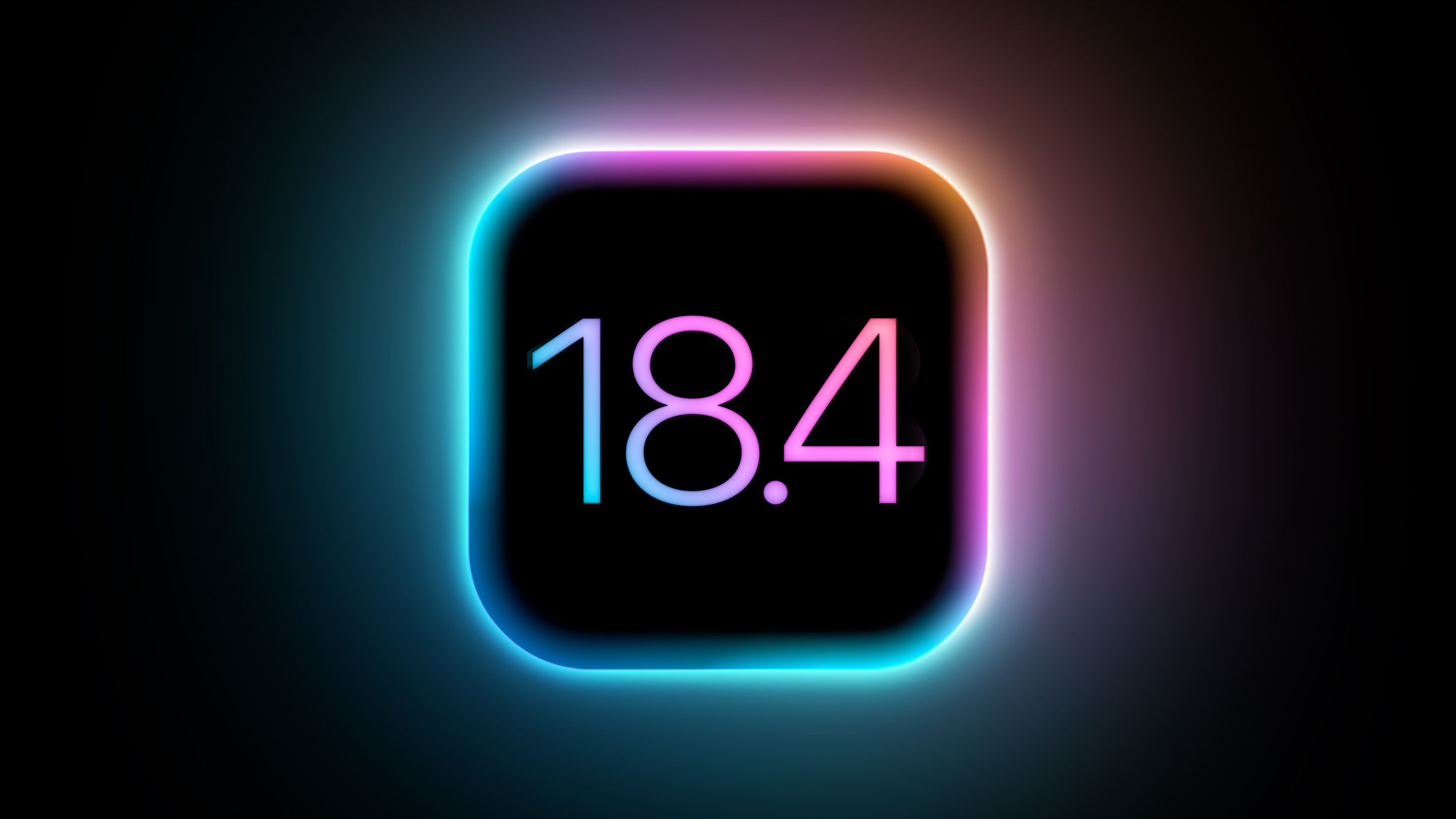















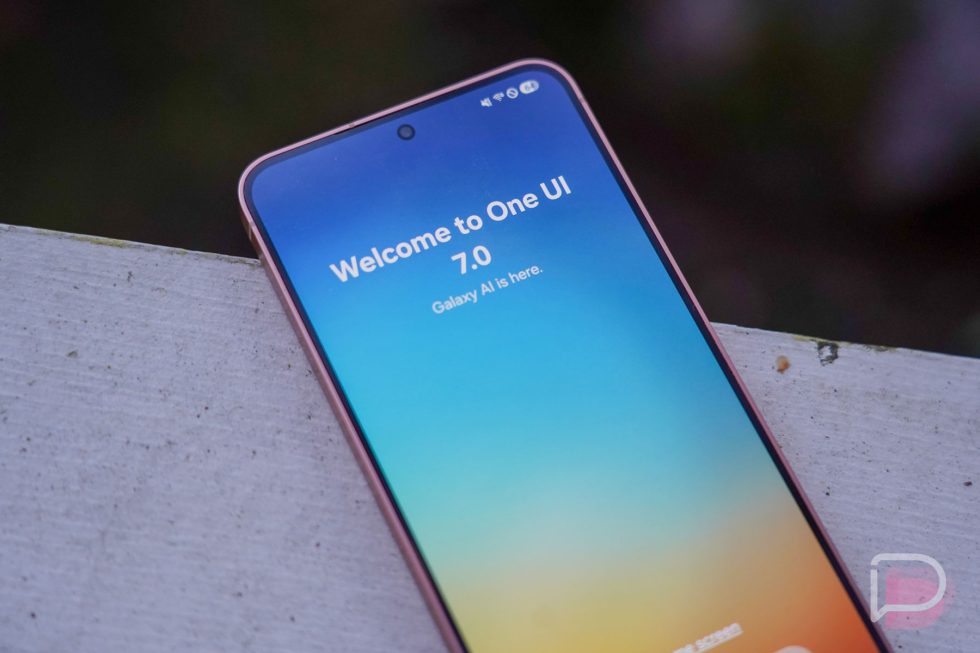





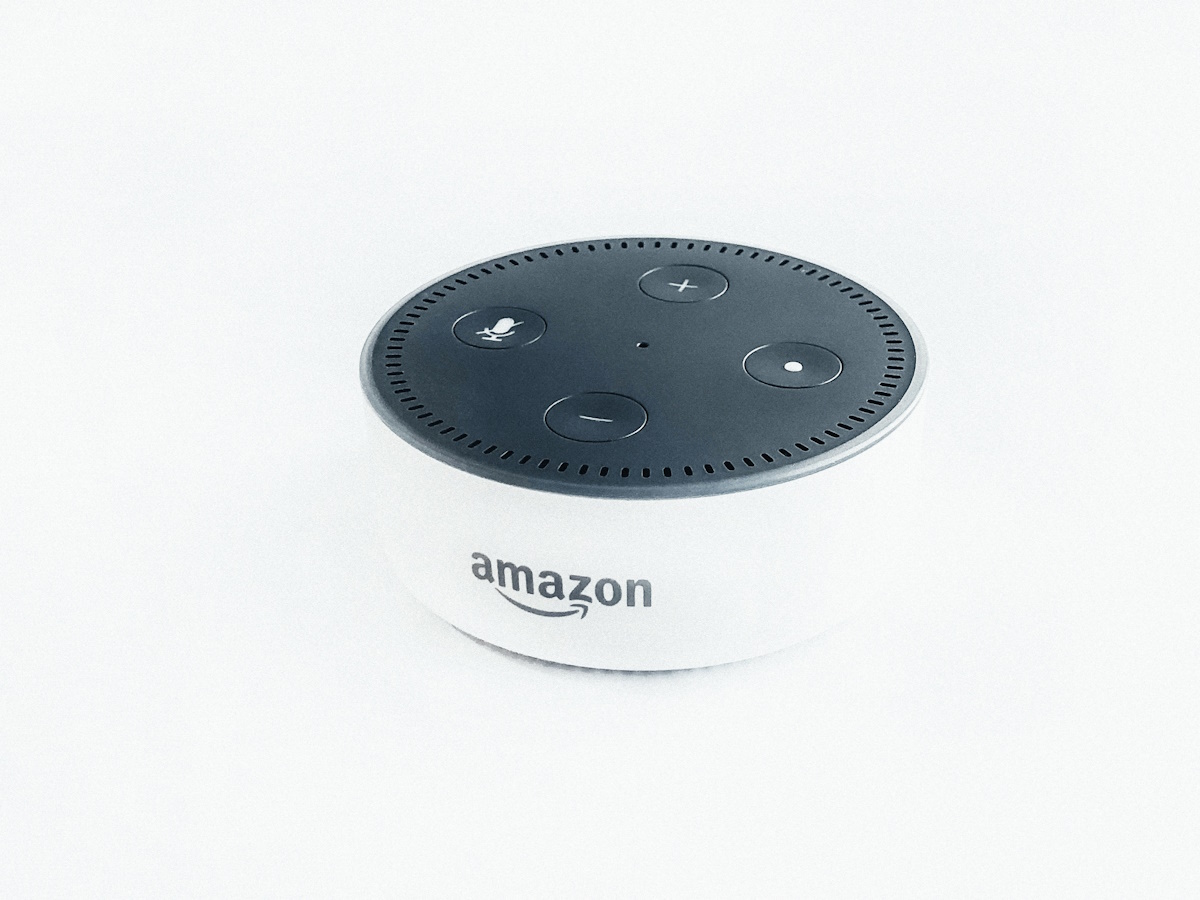

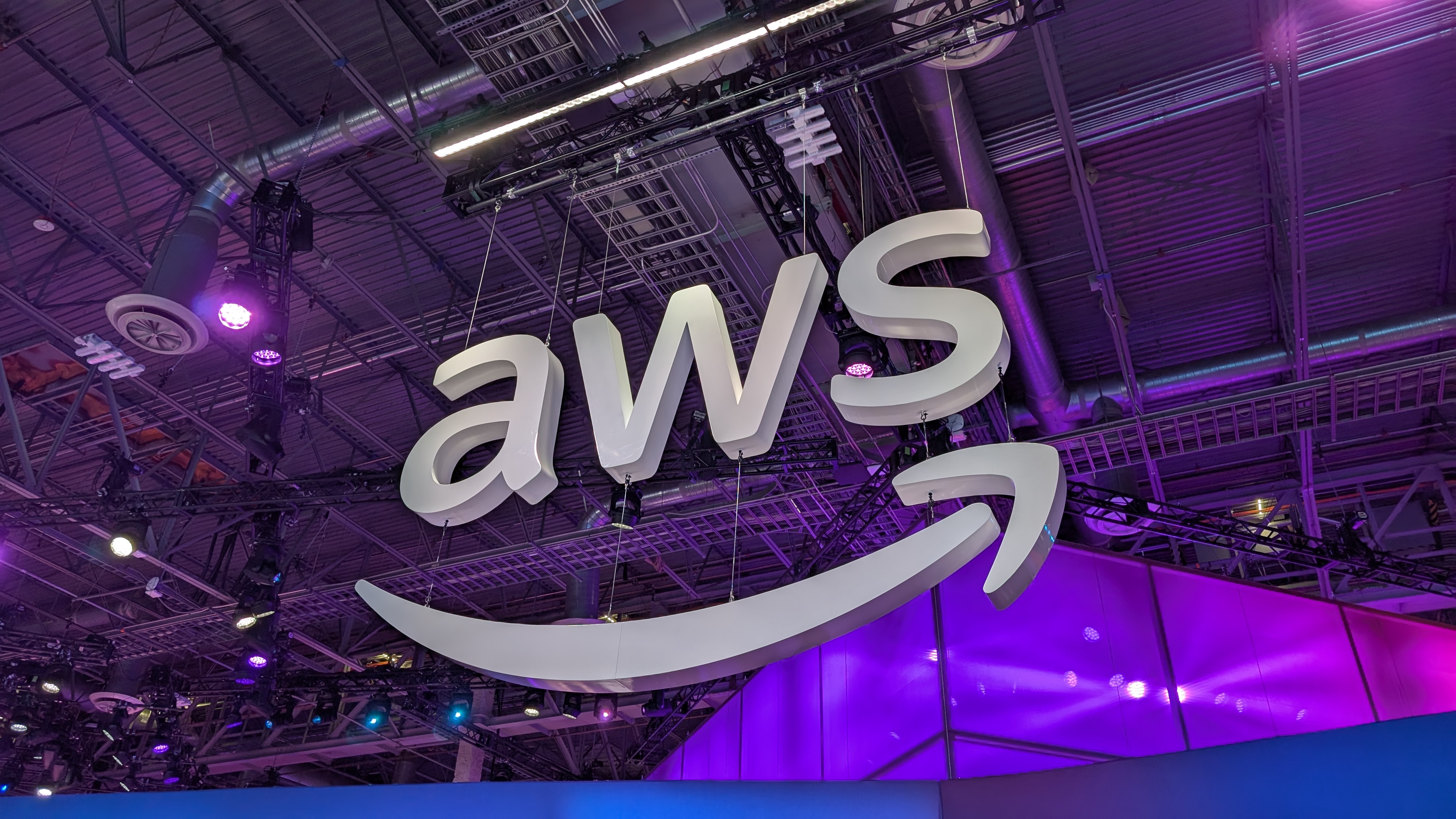











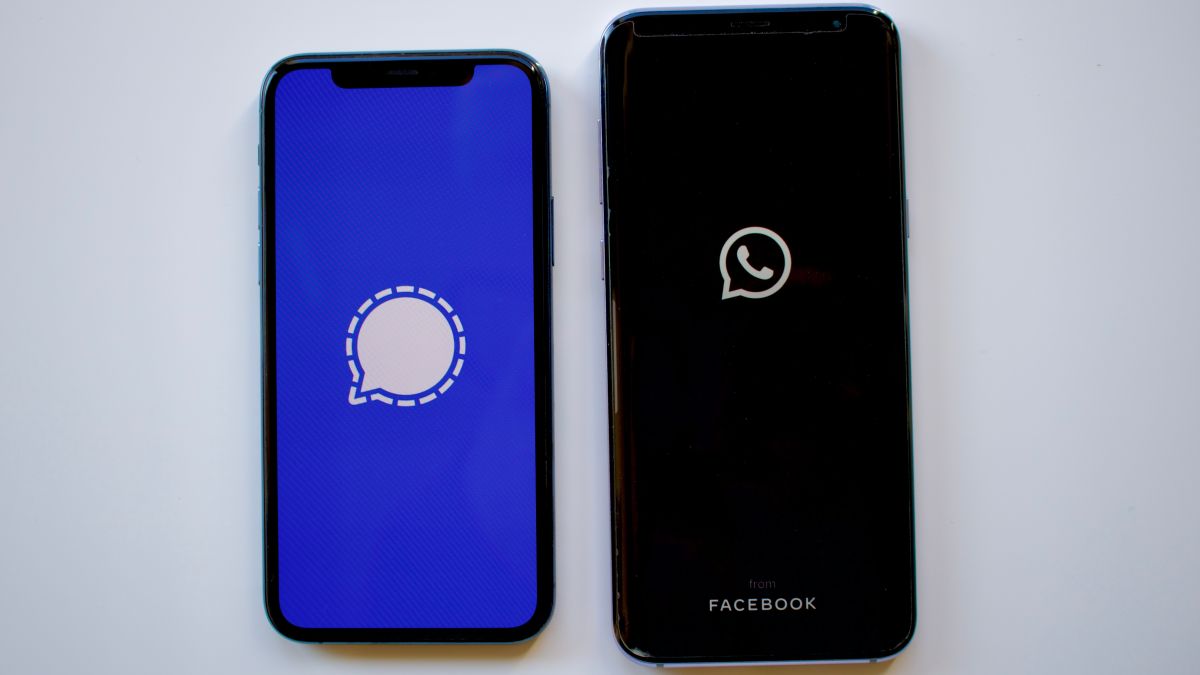

![Apple Releases iOS 18.4 RC 2 and iPadOS 18.4 RC 2 to Developers [Download]](https://www.iclarified.com/images/news/96860/96860/96860-640.jpg)


![Amazon Drops Renewed iPhone 15 Pro Max to $762 [Big Spring Deal]](https://www.iclarified.com/images/news/96858/96858/96858-640.jpg)


















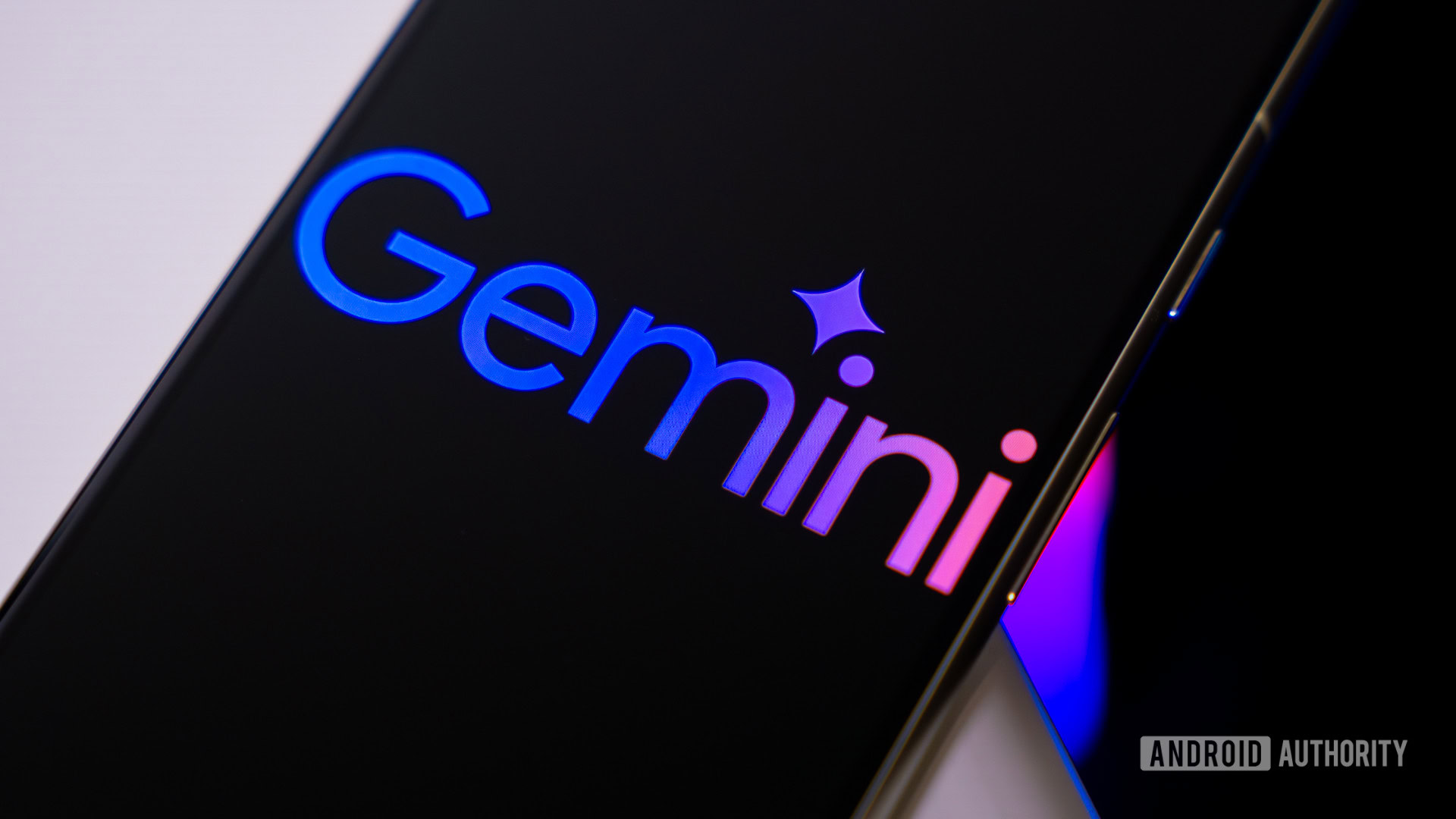


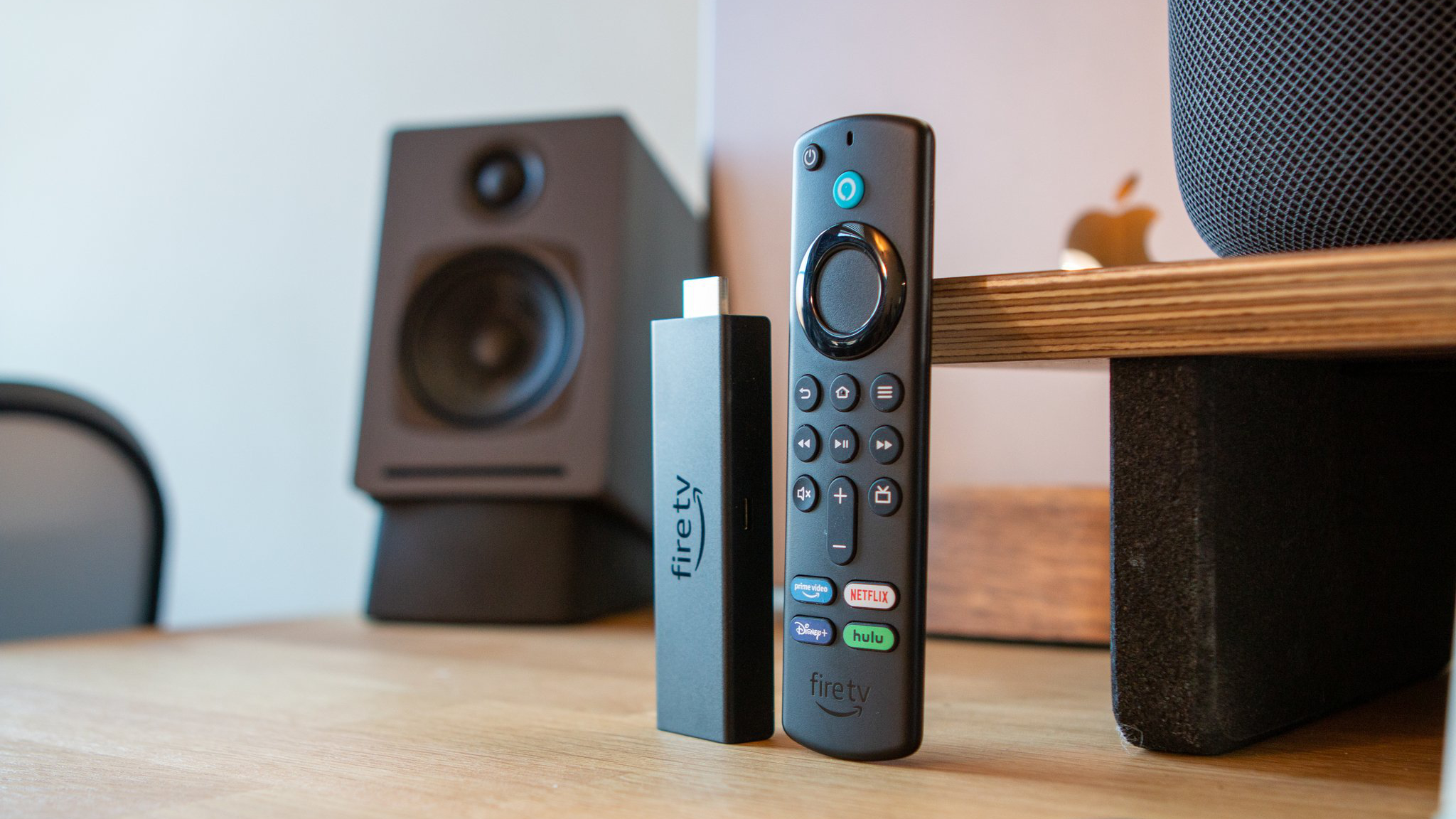






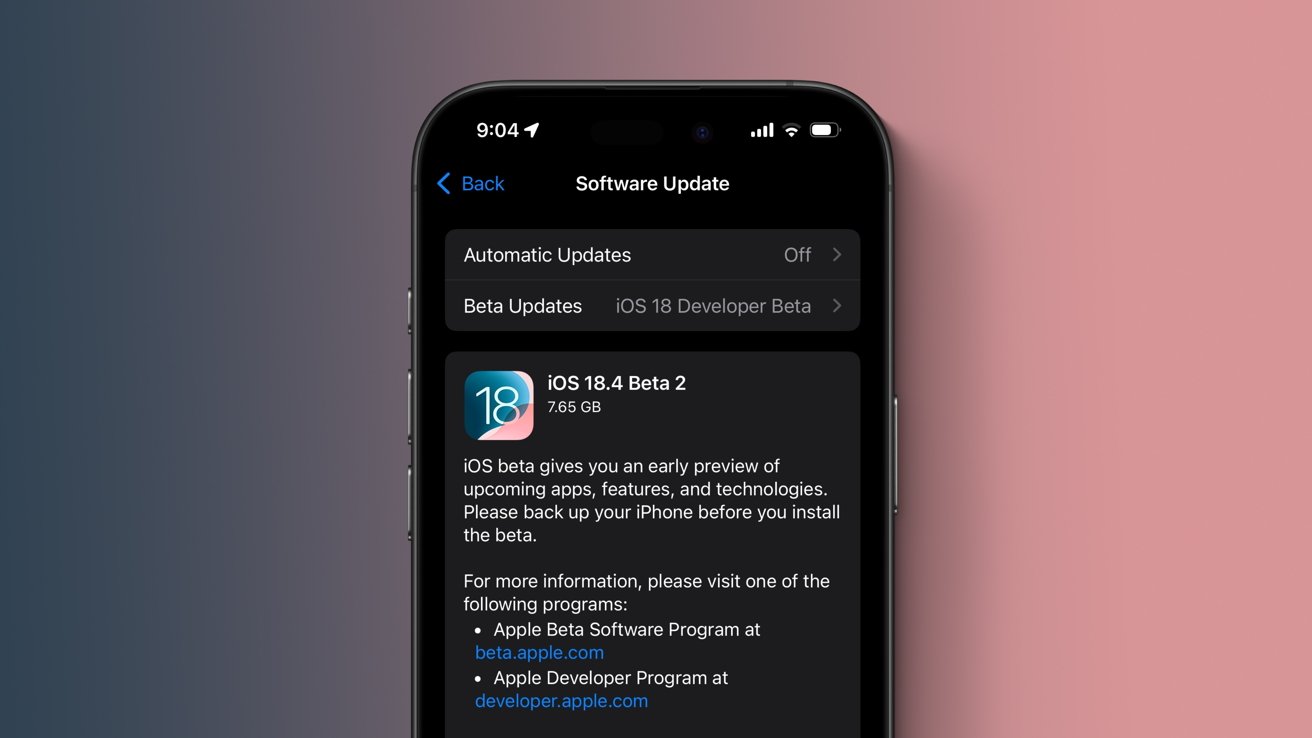


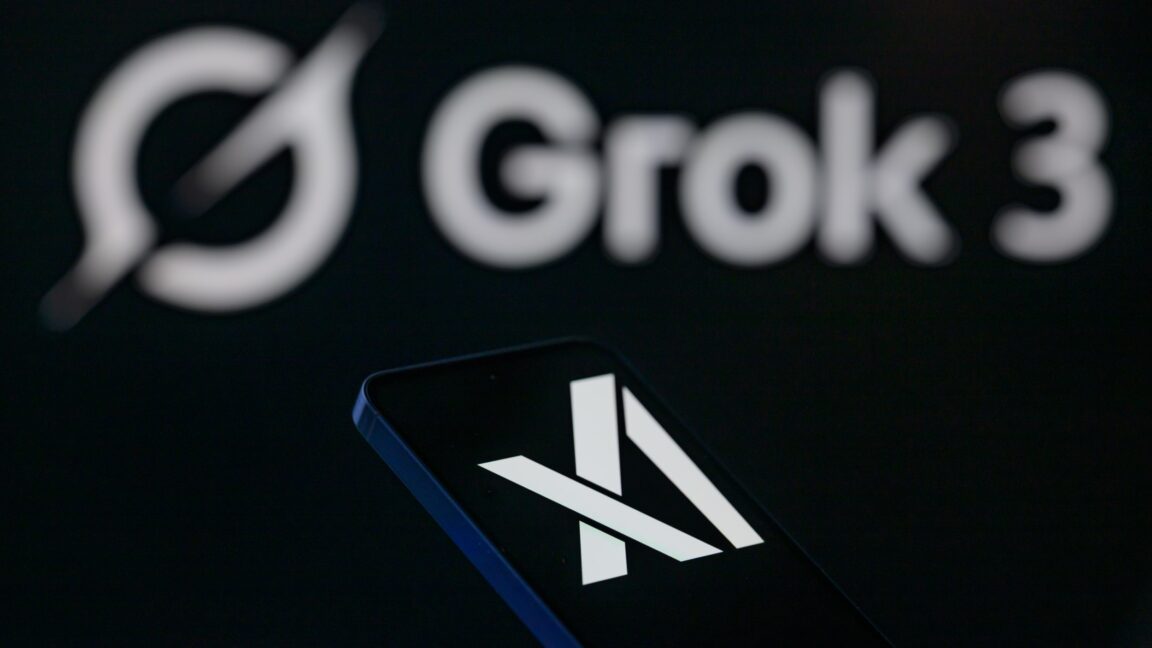








































































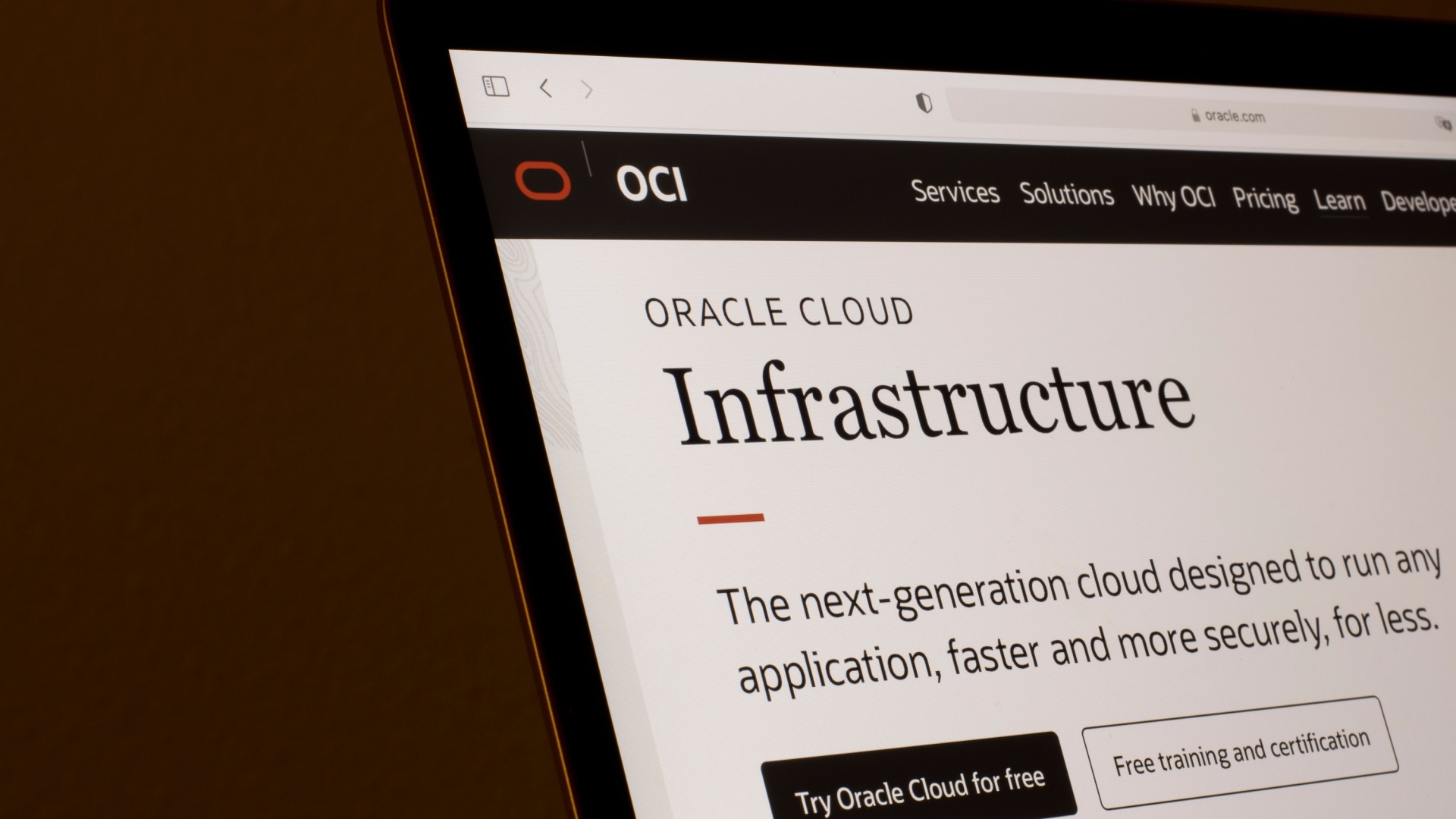



































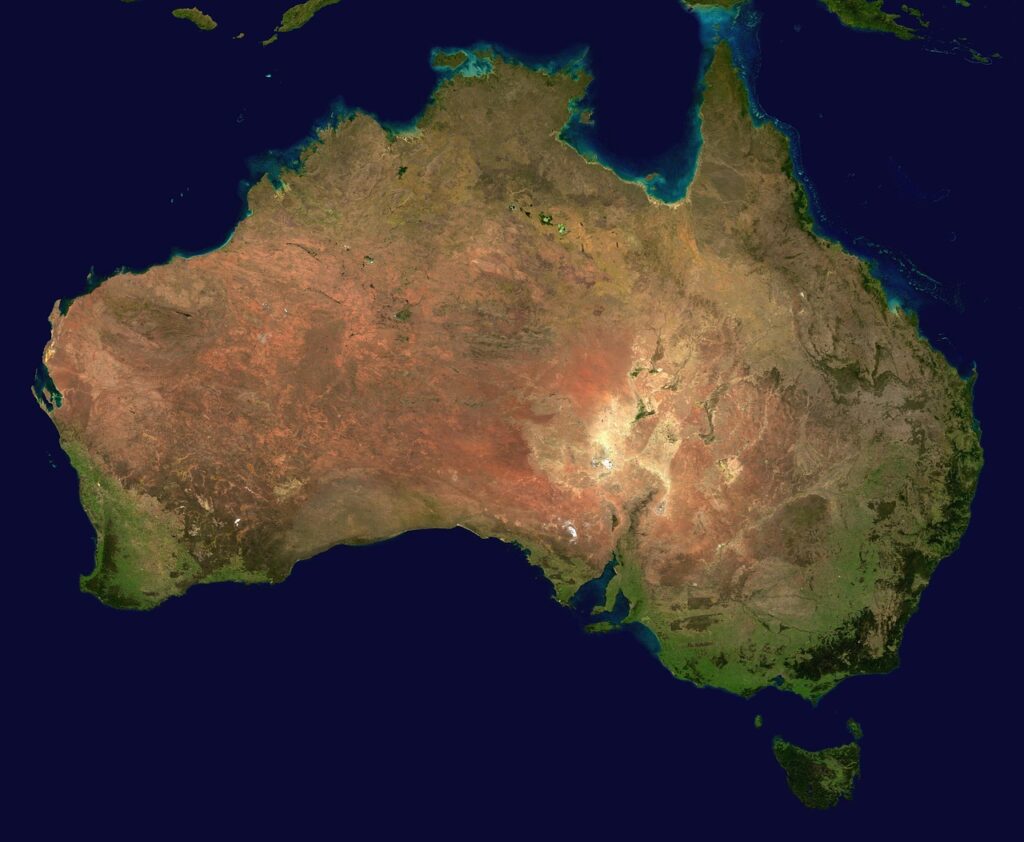



































![[The AI Show Episode 141]: Road to AGI (and Beyond) #1 — The AI Timeline is Accelerating](https://www.marketingaiinstitute.com/hubfs/ep%20141.1.png)
![[The AI Show Episode 140]: New AGI Warnings, OpenAI Suggests Government Policy, Sam Altman Teases Creative Writing Model, Claude Web Search & Apple’s AI Woes](https://www.marketingaiinstitute.com/hubfs/ep%20140%20cover.png)
![[The AI Show Episode 139]: The Government Knows AGI Is Coming, Superintelligence Strategy, OpenAI’s $20,000 Per Month Agents & Top 100 Gen AI Apps](https://www.marketingaiinstitute.com/hubfs/ep%20139%20cover-2.png)
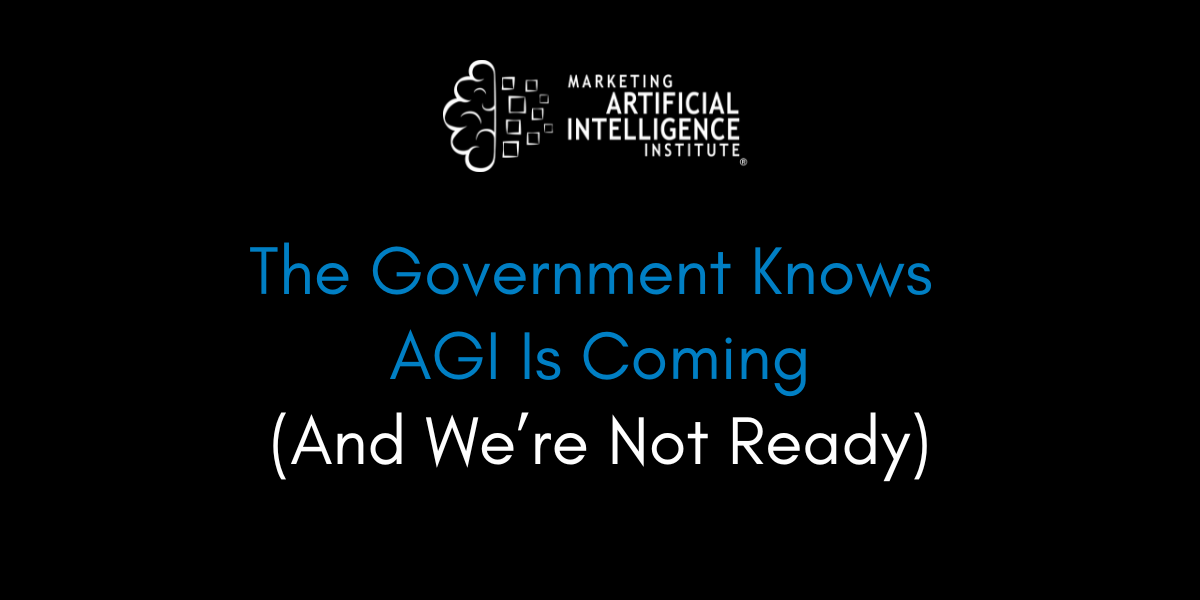
























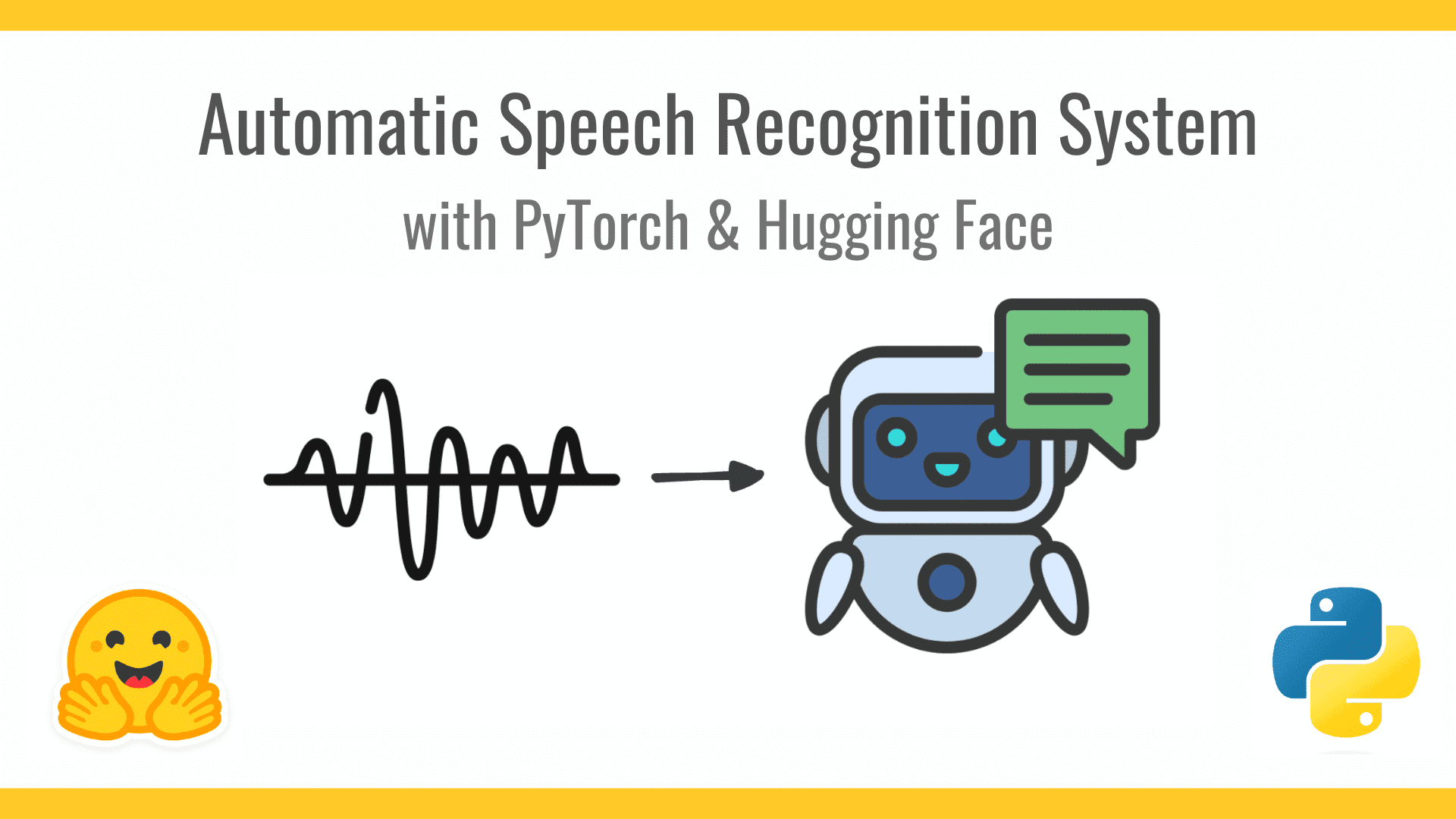













































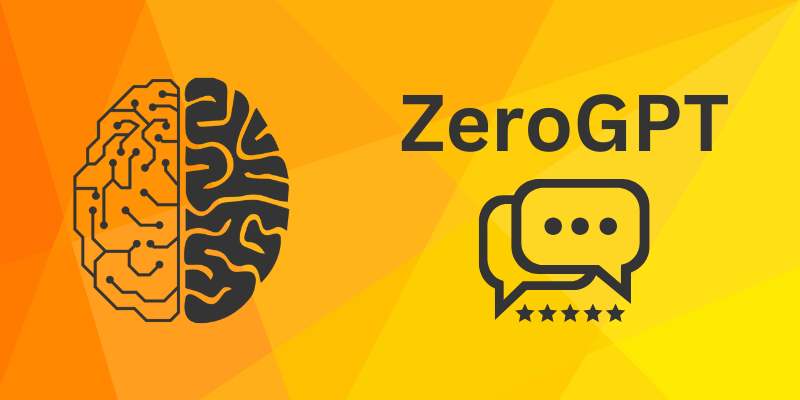














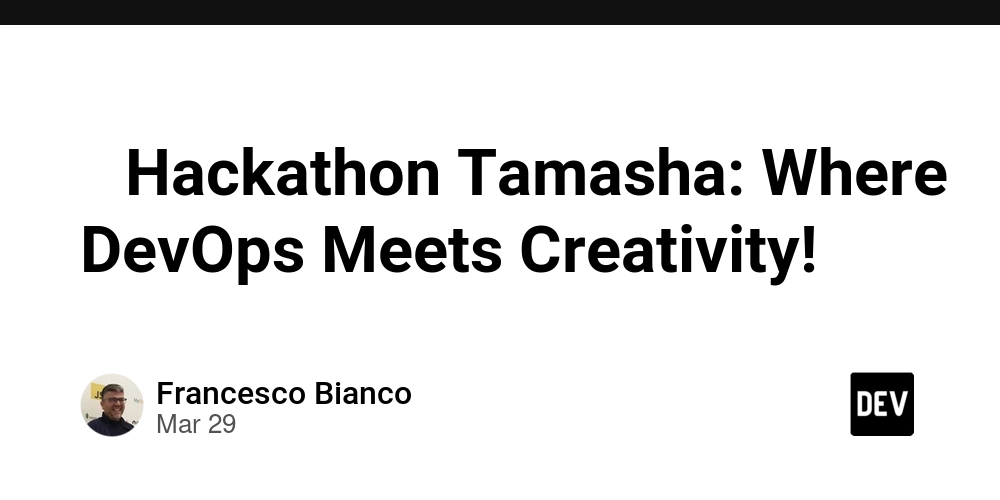
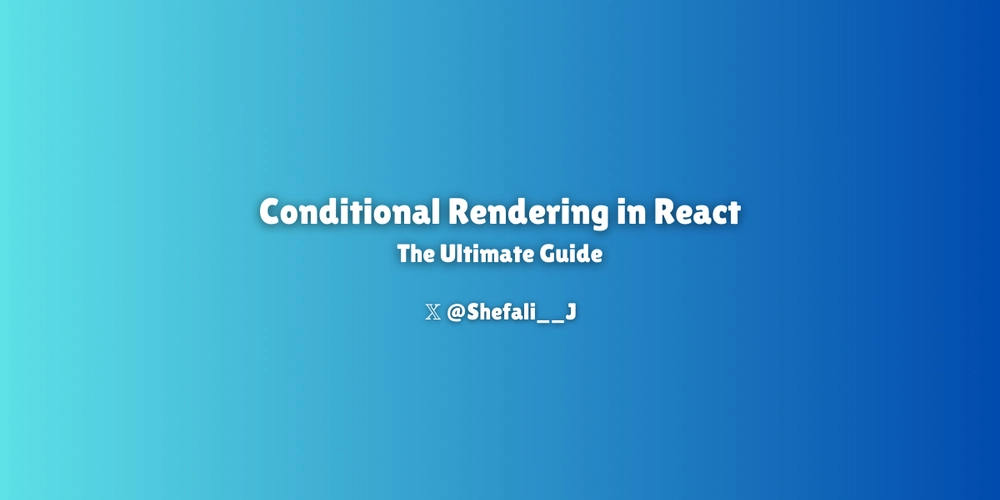
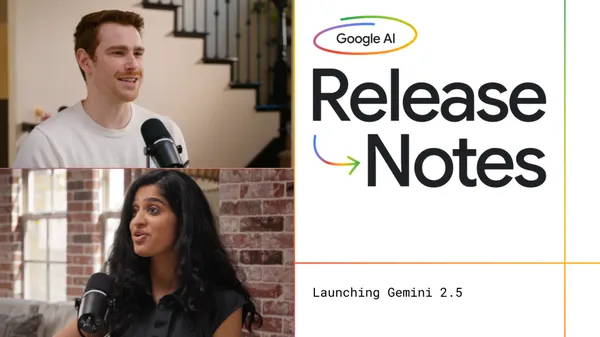
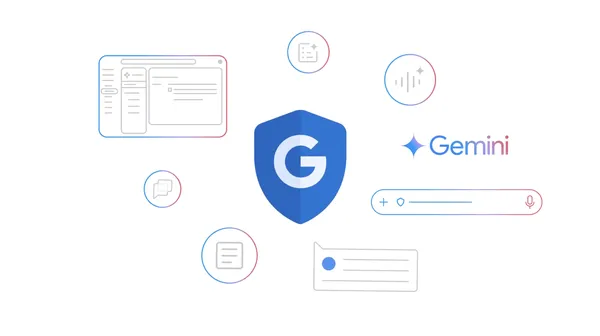






















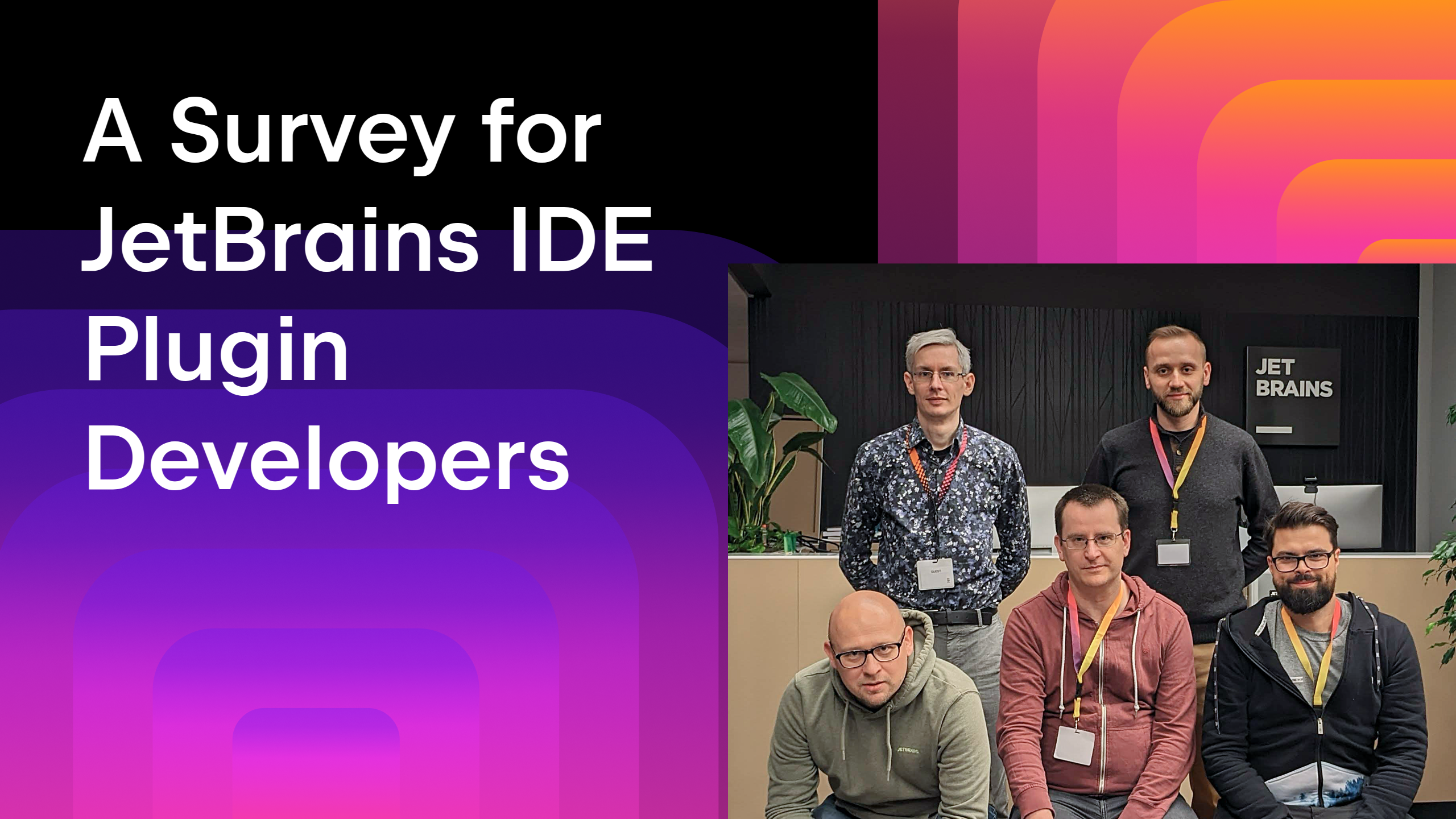
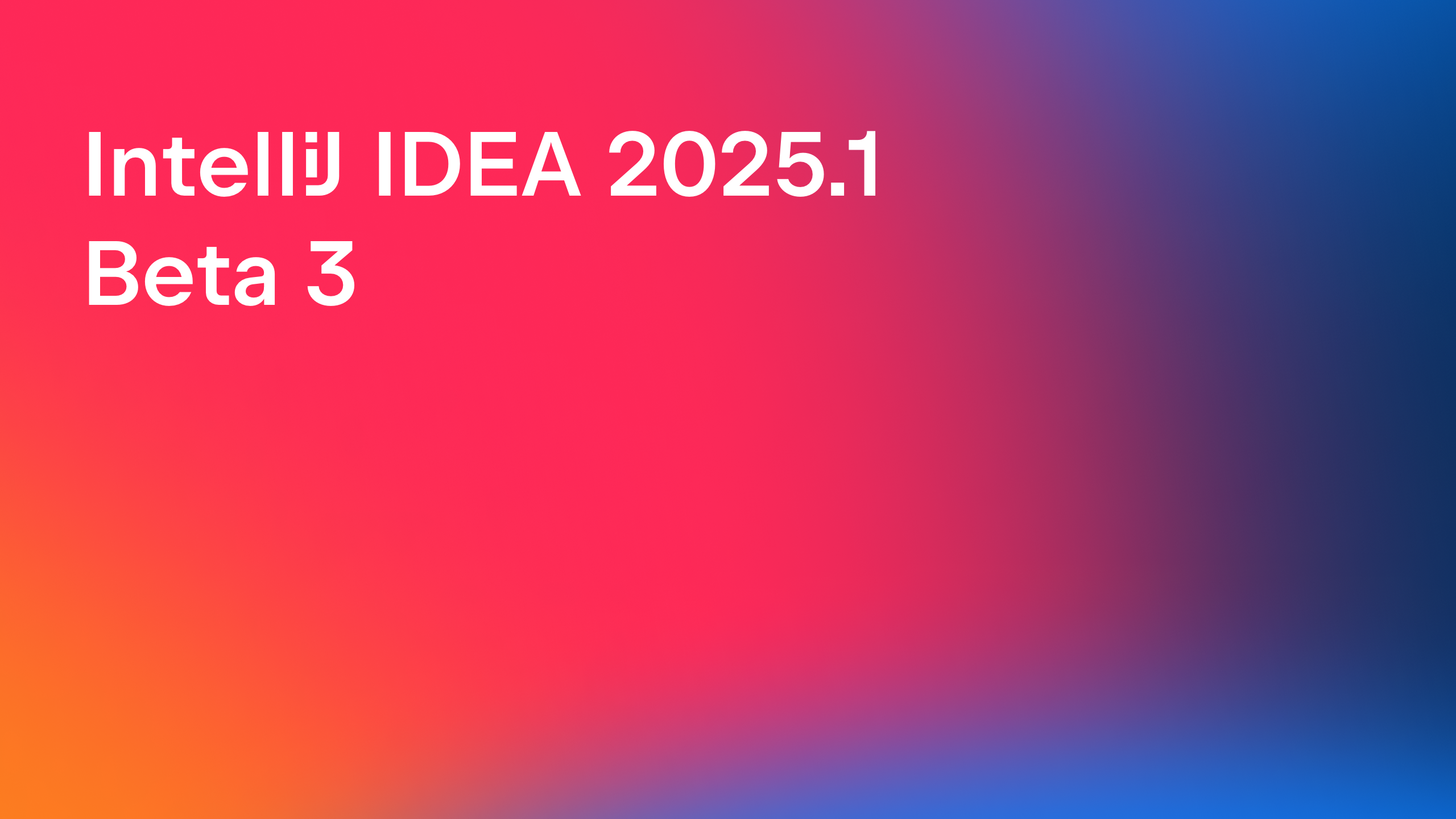

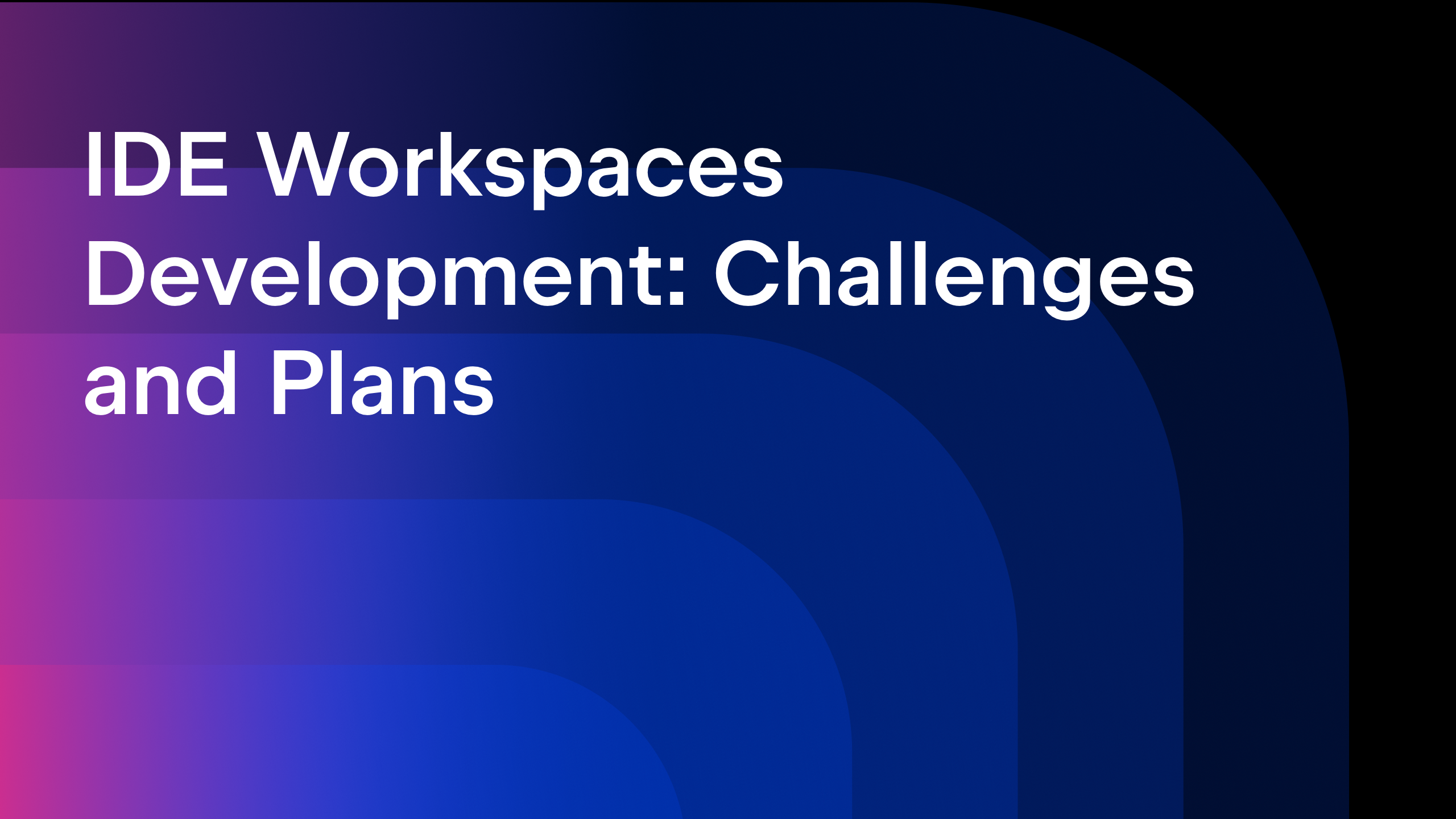






![From broke musician to working dev. How college drop-out Ryan Furrer taught himself to code [Podcast #166]](https://cdn.hashnode.com/res/hashnode/image/upload/v1743189826063/2080cde4-6fc0-46fb-b98d-b3d59841e8c4.png?#)

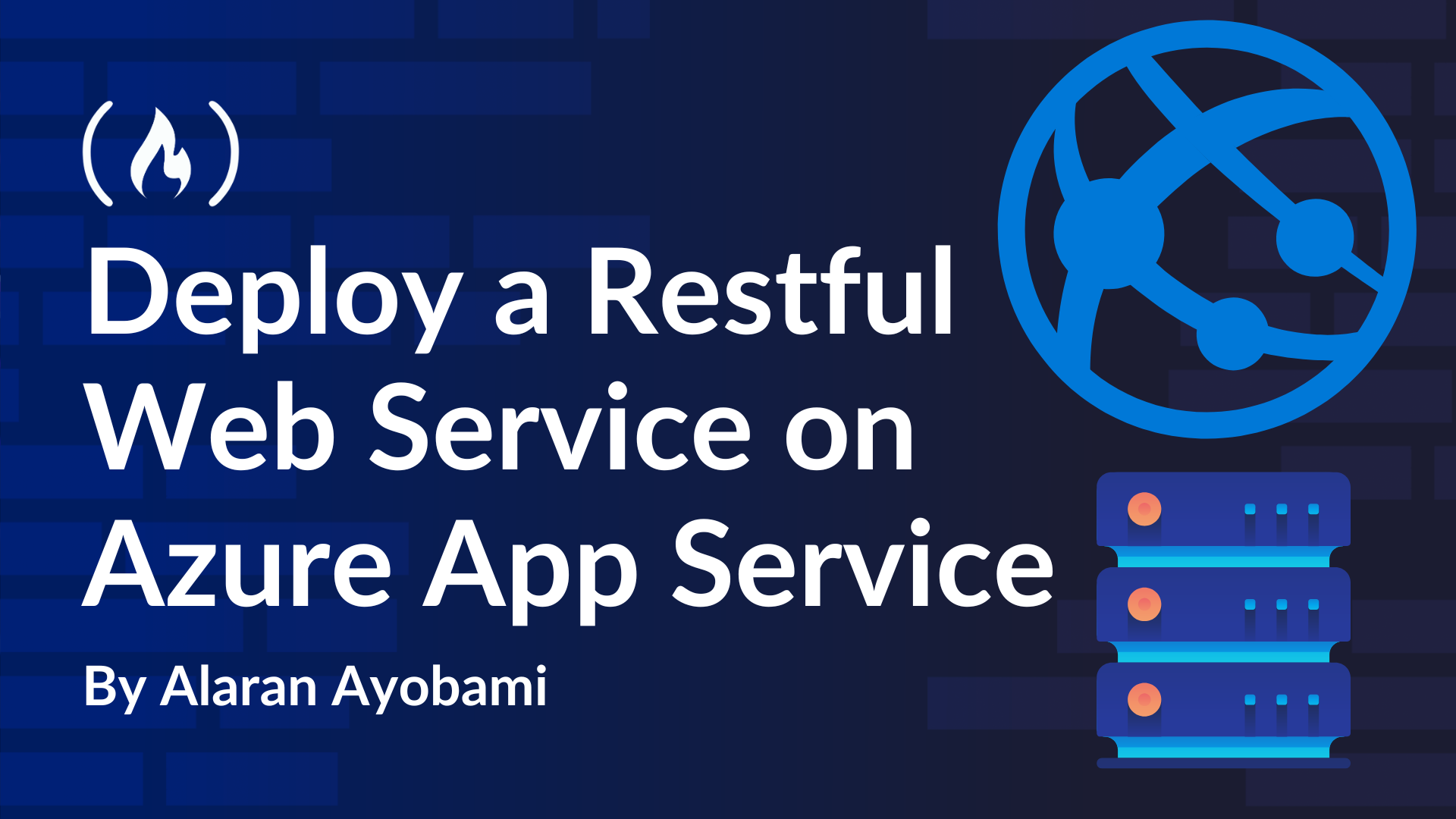
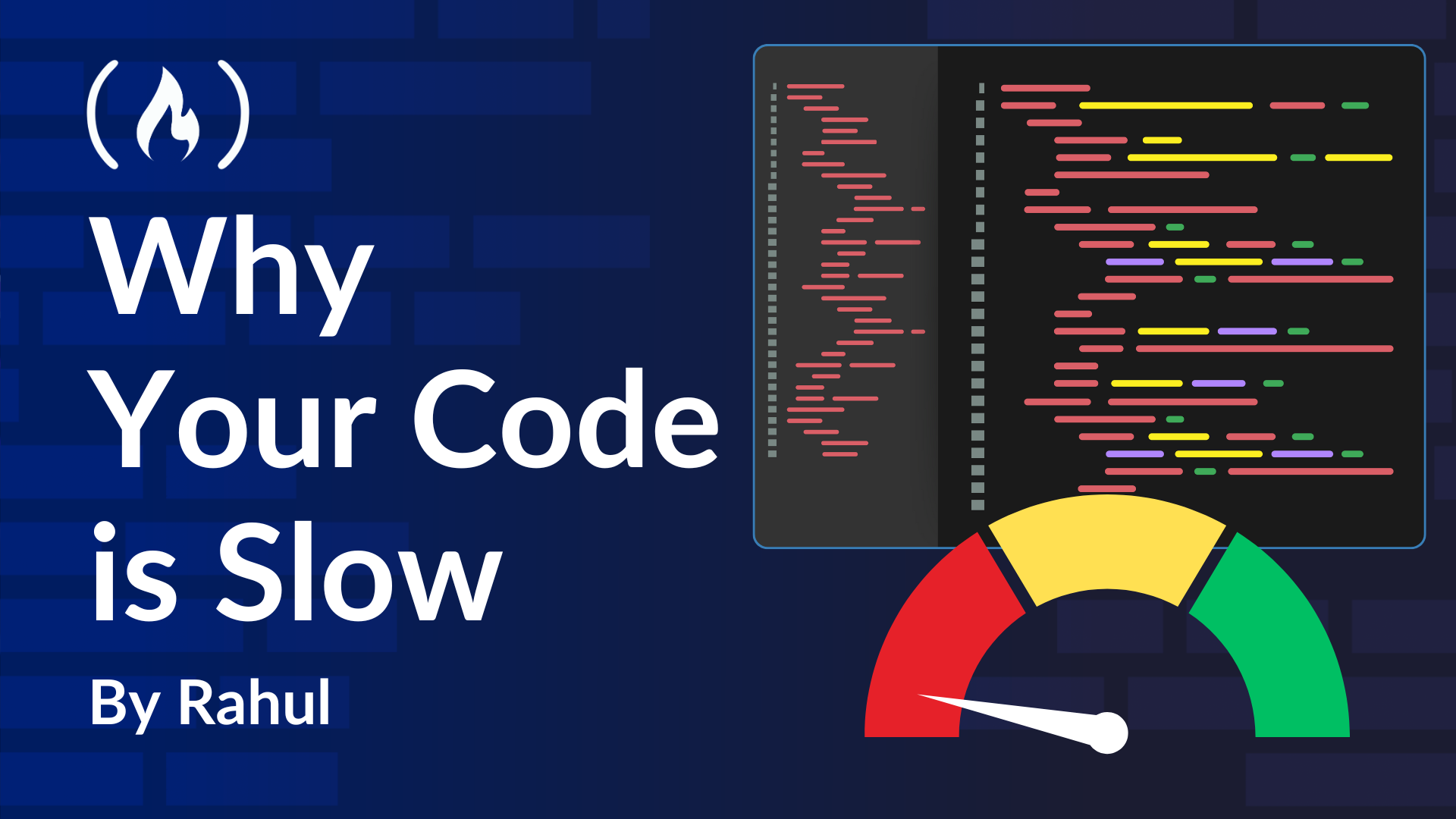
![[FREE EBOOKS] The Ultimate Linux Shell Scripting Guide, Artificial Intelligence for Cybersecurity & Four More Best Selling Titles](https://www.javacodegeeks.com/wp-content/uploads/2012/12/jcg-logo.jpg)














![Mini Review: Rendering Ranger: R2 [Rewind] (Switch) - A Novel Run 'N' Gun/Shooter Hybrid That's Finally Affordable](https://images.nintendolife.com/0e9d68643dde0/large.jpg?#)










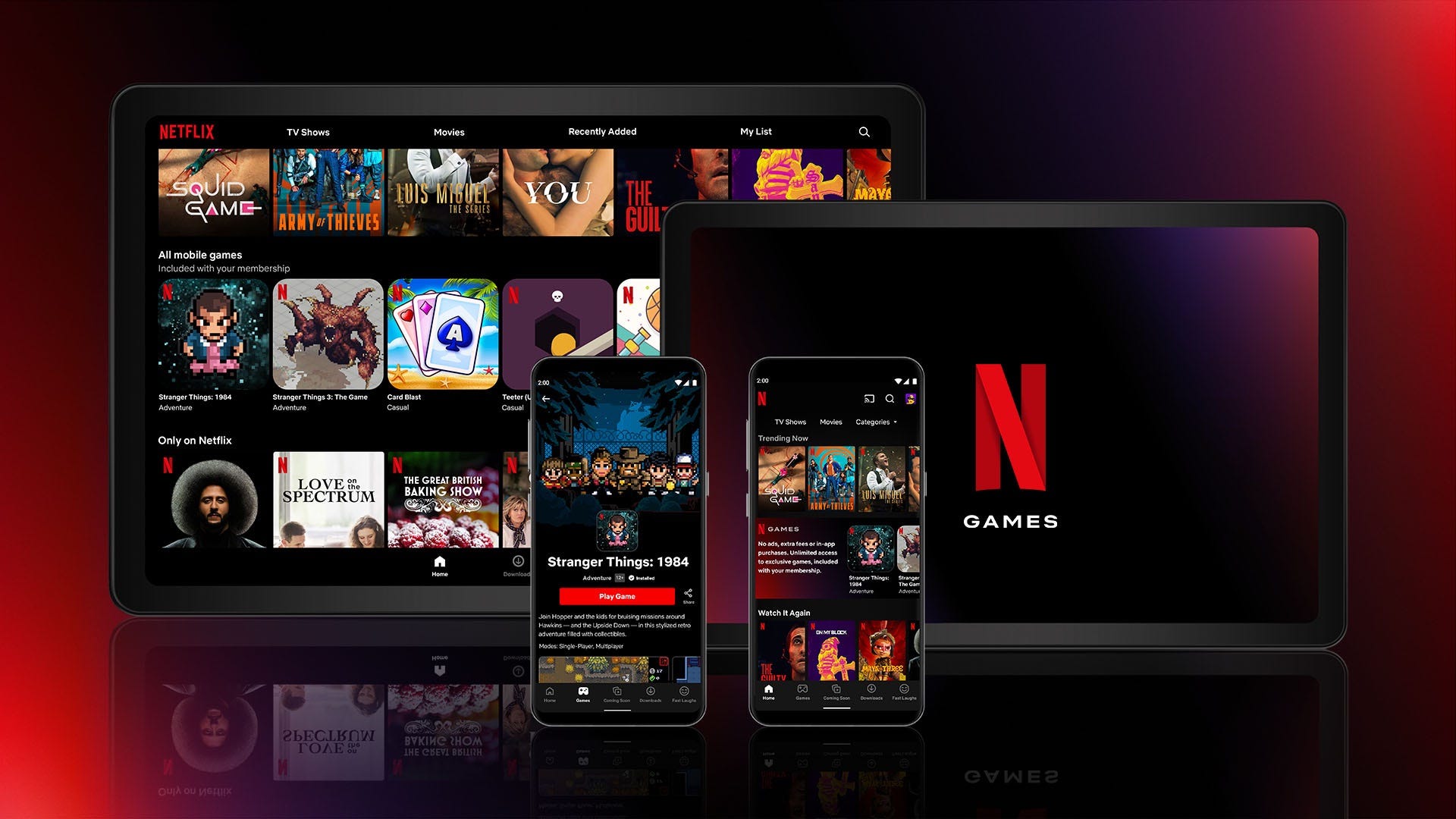



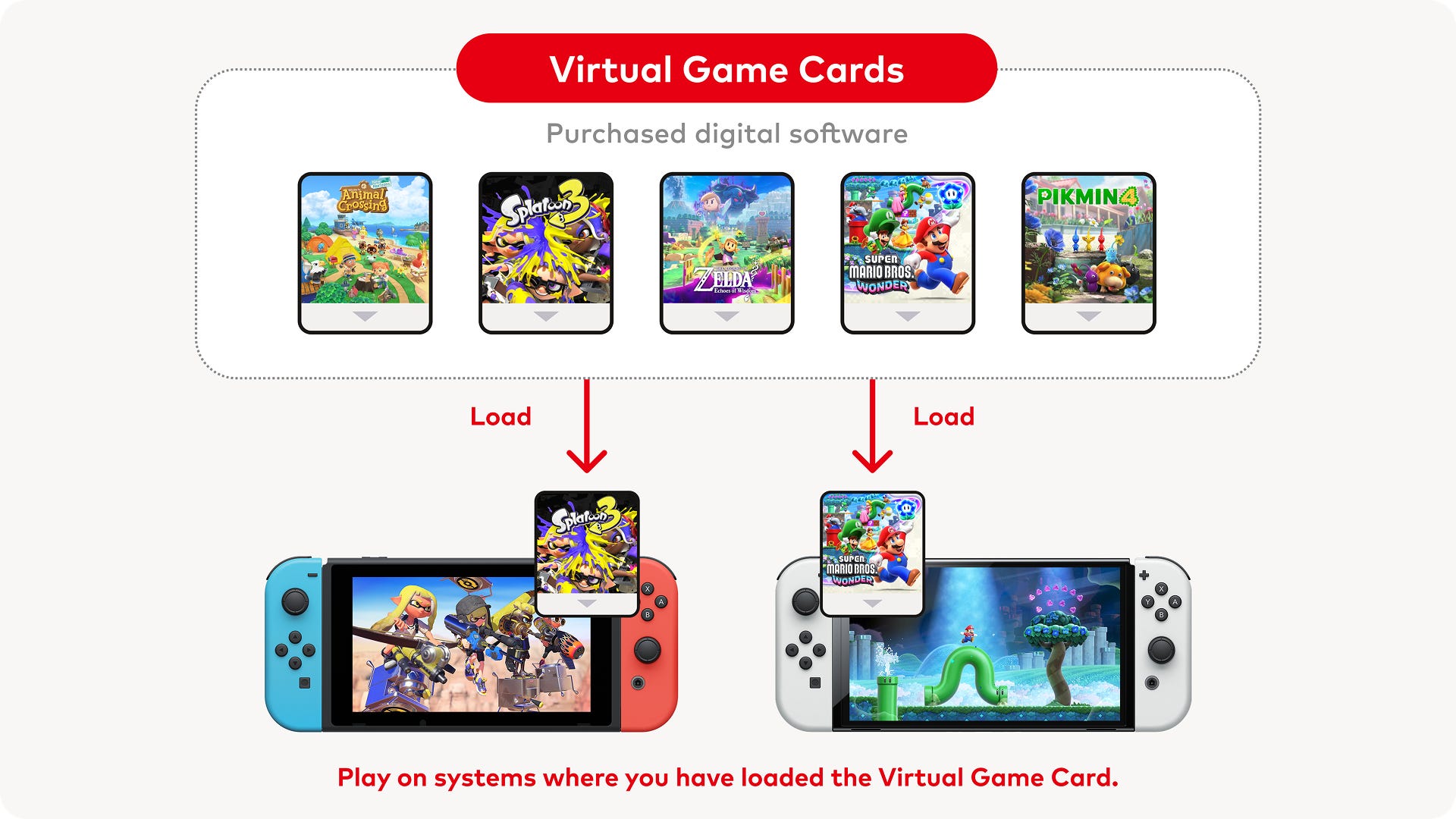


.jpg?#)


.png?#)




















